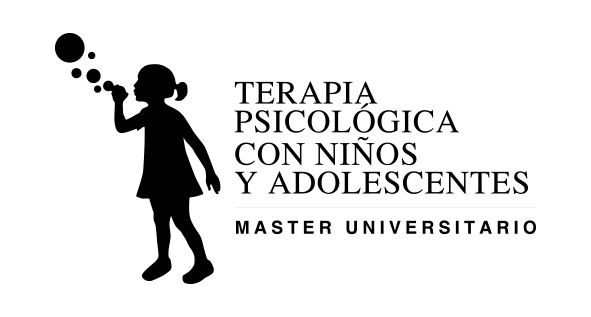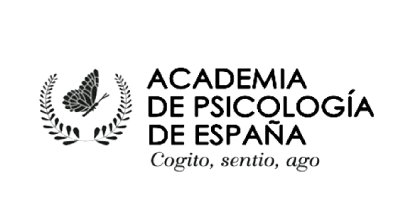Enrique Arranz
University of the Basque Country, Spain
Positive parenthood: defining parameters and programme evaluation
The defining parameters of the positive parentality approach, which is defined as a meeting space between preventive and community psychology and public health, are presented. Positive Parentality is protected by the rights of the child, scientifically justified and contextualized, of a universal preventive nature, proactive and reactive in the promotion of parental competencies. It focuses preferably on the early stages of development, using a non-deficit model with a constructivist methodology. It falls within the framework of a coeducation model, promoted in multiple contexts, with rigorous implementation and free access. During the session, an evaluation of a positive parentality programme will be carried out, using the online platform of the Ministry of Health, Social Policy and Equality from the page Families in Positive. Resources will be presented for professionals in the field of positive parenthood.
Enrique Arranz is Professor of Family Psychology and Doctor in Psychology from the University of the Basque Country. He completed his postdoctoral training at the University of Cambridge. He is a researcher accredited by the Agencia Nacional Evaluadora de la Actividad Investigadora (National Agency for the Evaluation of Research Activity – CNEAI) and an evaluator of the Agencia Nacional de Calidad Investigadora (National Agency for Research Quality – ANECA). He has been a visiting professor in the Department of Social Policy and Intervention at Oxford University. In addition, Professor Arranz is a member of the International Association for Training and Research in Family Education (AIFREF), advisor to the Directorate of Family and Community Policy of the Basque Government Department, advisor to the Ministry of Health and Social Affairs and the Federation of Municipalities and Provinces of Spain and Co-Director of the HAEZI-ETXADI research group.













